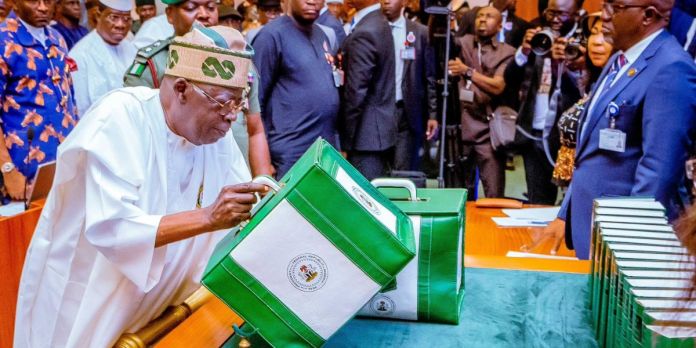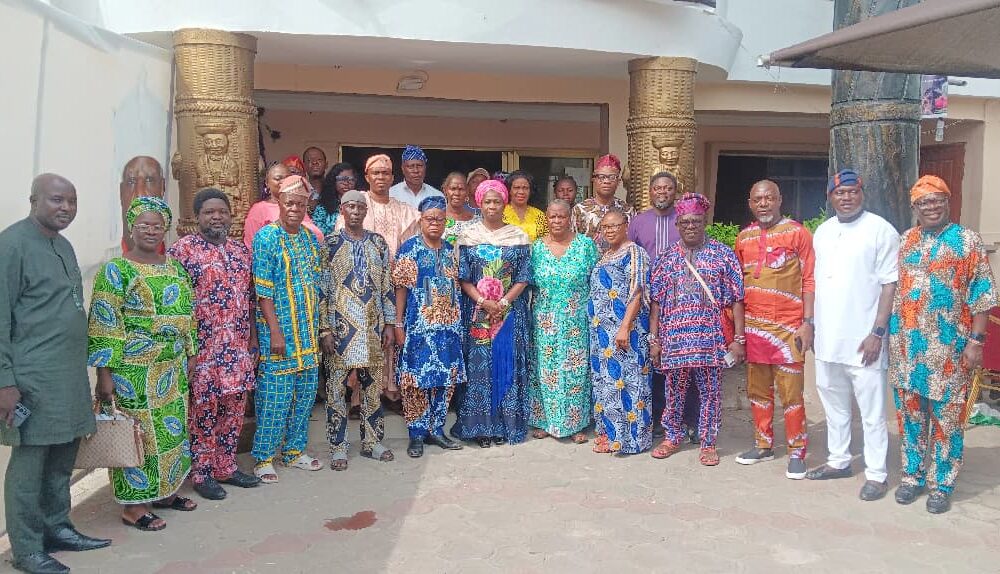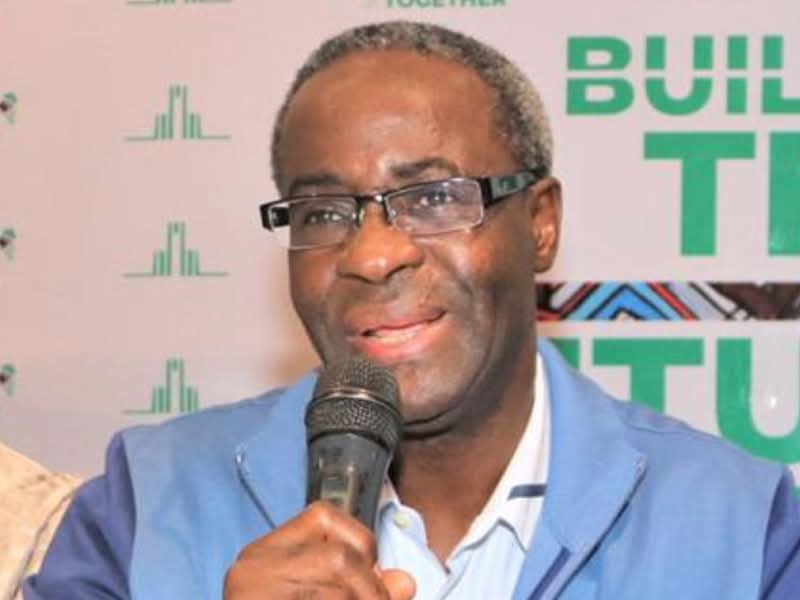A civil society organisation, the Save Humanity Advocacy Centre (SHAC), has called on Vice Chancellors of Nigerian universities to defend their 2025 budget estimates before the National Assembly, urged them to be transparent about any alleged financial demands from lawmakers.
This comes amid recent media reports alleging that National Assembly Committees on Tertiary Education demanded a minimum of N50 million from federal-owned universities to approve their budget proposals. However, the House of Representatives, through its spokesman, Hon. Akin Rotimi, dismissed the claims, maintained that all budget defence sessions have been conducted with transparency.
Speaking to journalists on Tuesday, SHAC Coordinator, Mary Johnson, challenged the affected Vice Chancellors to reveal the identities of those allegedly requesting bribes or refrain from making baseless accusations.
“We have agencies like the Nigerian Customs Service and the Federal Inland Revenue Service appearing before lawmakers without any controversy. Why should universities be the only ones accusing legislators of financial demands?” she questioned.
Johnson also criticized some university administrators, alleging that certain Vice Chancellors might be reluctant to defend their budgets due to unresolved issues within their institutions, including allegations of sexual harassment and nepotism.
“Some Vice Chancellors are related to lecturers accused of misconduct. It is not surprising that they might want to avoid scrutiny over how funds were managed in 2024 and their plans for 2025,” she added.
She urged Nigerians to support the National Assembly, emphasized that the legislature remain a vital institution in the country’s democracy.
“The parliament is the symbol of our democracy. Lawmakers are often accused unjustly, while many shady activities go unnoticed in government agencies. Without the National Assembly, democracy cannot function,” Johnson stated.
SHAC’s intervention added to the ongoing debate over the credibility of Nigeria’s budget defence process, as stakeholders await further clarifications from both lawmakers and university administrators.





